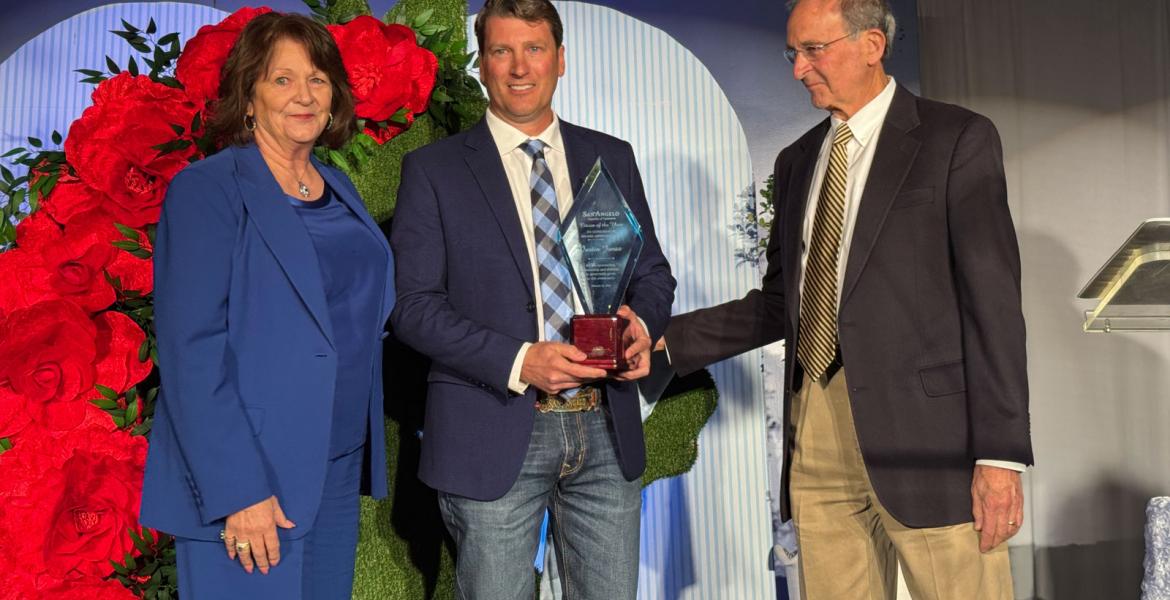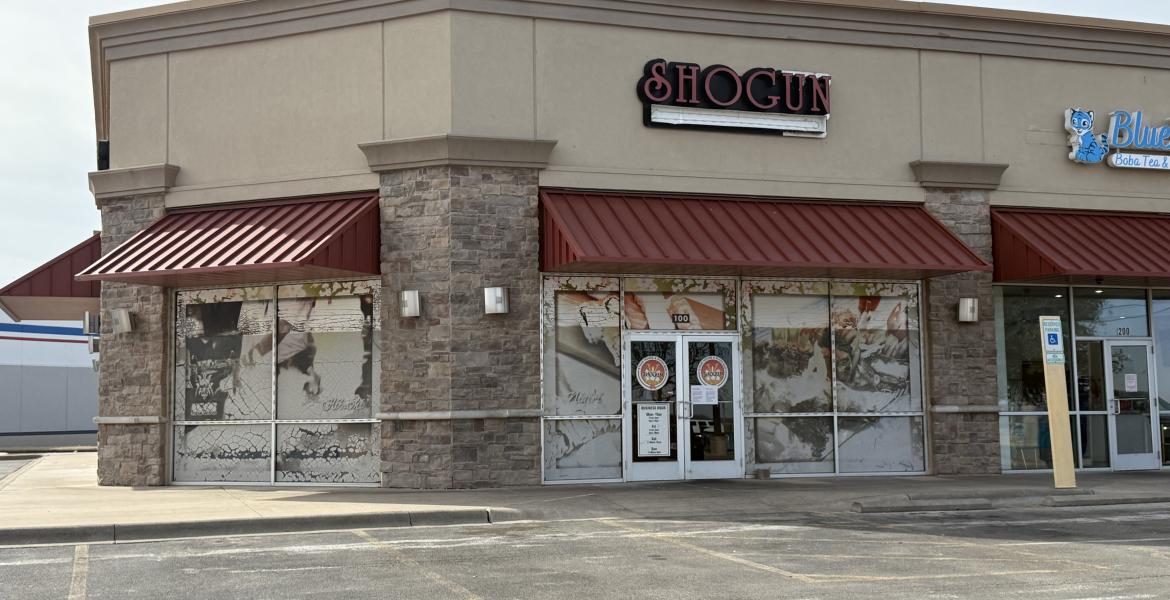SAN ANGELO, TX — The City of San Angelo Development Corporation (COSA-DC) met briefly on Monday to consider what to do about $5,161.85 in delinquent mortgage payments of citizens who took advantage of COSA-DC’s affordable housing program. COSA-DC dedicates a small portion of the 1/2-cent sales tax revenue towards helping low-income citizens become homeowners.
Four homeowners in the program are delinquent on their mortgage payments and the bank holding the mortgages is moving towards foreclosing on those houses. COSA-DC holds a secondary lien on those homes to secure its contribution to the purchase price of the home.
COSA-DC vice chair John Bariou explained that the purpose of the program is to accelerate “in-field” development of homes in blighted neighborhoods. That is, on any street in Lake View, for example, where there is a vacant lot in-between two existing homes, a home builder can purchase that lot and construct a brand new home that is sold to a new homeowner who is eligible for heavy subsidies.
COSA-DC subsidizes the cost of buying that home, lowering the mortgage amount, and a mortgage company or bank provides the financing. The subsidy is substantial as the mortgages only cover $60,000 of the cost of a new home valued at $100,000 or slightly more.
Bariou claimed in yesterday’s COSA-DC board meeting that the program works. A new home on a blighted street encourages the existing homeowners to fix up their respective properties.
All goes well with this program until the owner of the new home falls delinquent in the mortgage and faces foreclosure. Since the bank is the primary lien holder and COSA-DC is secondary, the proceeds of the foreclosure sale will likely satisfy the bank’s lien and COSA-DC may lose all of its investment in the property.
COSA-DC considered paying the delinquent mortgage payments so the bank, unnamed, would scuttle its path towards foreclosure, thus protecting COSA-DC’s investment.
COSA-DC attorney Brandon Dyson said the attorney for the bank told him these four mortgage holders were habitually late paying. “There’s one [homeowner to whom] they’ve sent out [late] notices 12 times,” he said.
The affordable housing contribution to the selected homeowner works like a grant. COSA-DC secures its investment with a lien. However, each month, as long as the homeowner is current on his or her mortgage payment, upkeeps the property, and maintains the property as his or her primary residence, COSA-DC forgives the monthly payment for the city portion of the loan. Over the life of the mortgage, the City reduces the homeowner’s balance owed the City to zero.
The homes in question were constructed by Galilee Community Development Corporation, an NGO that builds low cost housing for qualified new homeowners.
According to Galilee’s website, “Homes sell for around $100,000. Qualified buyers get a buy-down from the City of San Angelo half-cent sales tax fund to bring their mortgage loan to around $60,000. Home Buyer must have acceptable credit and available income to be approved for at least $60,000 loan from a participating lender.”
Dyson said he has reached out to Galilee that partners with COSA-DC to run the program and a representative from Galilee told him that the four property owners in question were not willing to sell their homes back to Galilee and negotiate a “renting arrangement.”
The combined total owed by the mortgagees for the four houses is north of $400,000. COSA-DC invested $179,803 into those mortgages and $165,844 of that is at-risk today if the bank forecloses on the properties.
COSA-DC’s portfolio has exposure in about 80 houses built under the program over more than a decade which prompted board member Joseph Spano to ask, “Why are we in this business?”
Assistant City Manager Michael Dane, who is acting director of COSA-DC, said the most recent ballot initiative approving the 1/2-cent sales tax mandated that $335,000 per year be invested in “affordable housing.”
Board member Dr. Clifton Jones said paying the delinquent mortgage payments would evoke a “moral hazard.”
“This moral hazard creates an incentive, should they (mortgagee) not make all their payments, that it can will be kicked down the road,” Jones said.
COSA-DC VP Bariou agreed, “Foreclosure may be the healthiest action to preserve those properties.”
In the end, moral hazard or not, the board voted unanimously on a motion by board member Rick Mantooth to pay the delinquent mortgage payments to preserve COSA-DC’s investment in the four homes.
Before COSA-DC kicked the can down the road, City Finance Director Tina Dierschke informed the board that COSA-DC’s affordable housing account contains $533,000 in cash.
Subscribe to the LIVE! Daily
Required






Comments
Listed By: Elmer Fudd
Absolutely no way should these mortgages be paid with taxpayer money. Receiving a late notice 12 times should be very plain that it’s time to evict! Get the deadbeats out so someone that is willing to work for it can have a chance at a better life.
- Log in or register to post comments
PermalinkThey are most likely elderly or disabled. Also, its barely $5,000, not that much money at all. Have a heart and care about your fellow Americans for once.
Besides, since i assume you didnt actually read the article, the city would LOSE money by not paying the amount owed,
"Since the bank is the primary lien holder and COSA-DC is secondary, the proceeds of the foreclosure sale will likely satisfy the bank’s lien and COSA-DC may lose all of its investment in the property."
- Log in or register to post comments
PermalinkPost a comment to this article here: